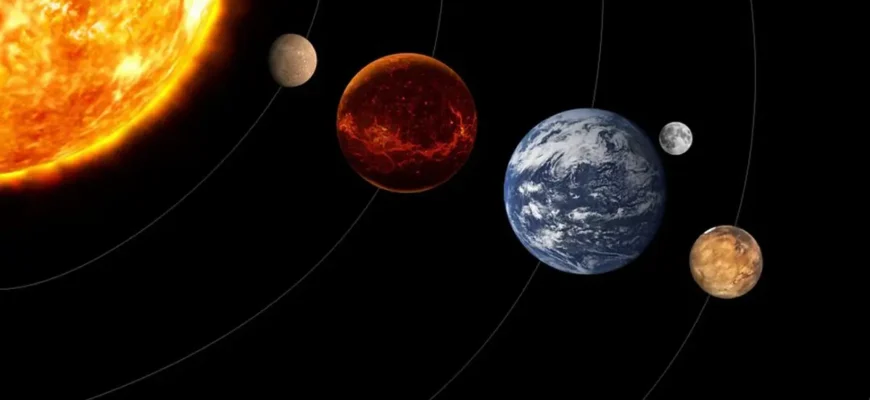In astrology, planets serve as dynamic forces that shape your birth chart, influencing every aspect of your life journey. Each astrological sign is uniquely impacted by planetary movements, weaving together a distinct blend of characteristics and behaviors in your astrology sign. From the luminary presence of the Sun and Moon to the transformative power of outer planets like Uranus and Neptune, these celestial bodies direct your ambitions, relationships, and emotional evolution.
- Mercury Retrograde
- Natal Venus Retrograde
- Natal Mars Retrograde
- Natal Jupiter Retrograde
- Natal Saturn Retrograde
- Natal Uranus Retrograde
- Natal Neptune Retrograde
- Natal Pluto Retrograde
- Chiron in Houses
- Part of Fortune in Houses
- Black Moon Lilith in Houses
- Vertex in Houses
The Ascendant
 For example, someone born at sunrise during March/April would have Aries as their Ascendant. The Ascendant marks the start of the first house – the other eleven follow on in an anti-clockwise direction until they complete the circle.
For example, someone born at sunrise during March/April would have Aries as their Ascendant. The Ascendant marks the start of the first house – the other eleven follow on in an anti-clockwise direction until they complete the circle.
The boundary between each house is called the cusp, and the sign of the zodiac that lies across the cusp is the sign that controls that particular house. If Aries was the Ascendant, then Taurus would cover the second house cusp and would control it accordingly.
